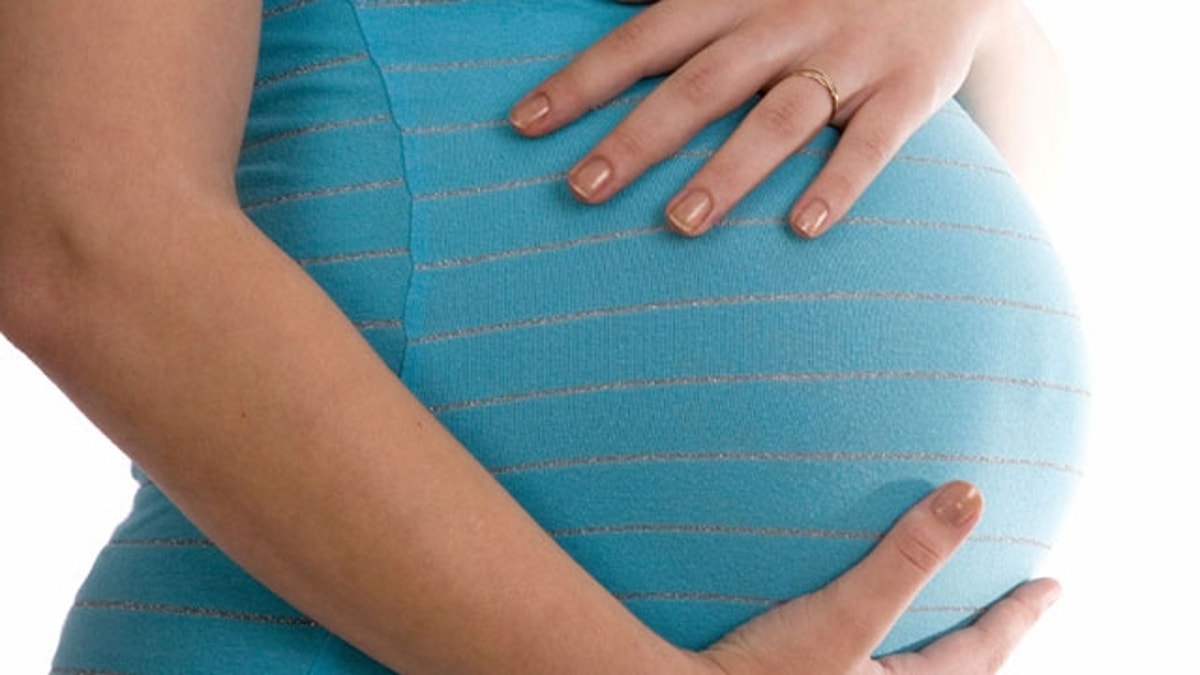
Mothers who are overweight before pregnancy and those who gain too much while pregnant are more likely to have obese seven-year-olds, researchers say.
Their study, conducted from 1998 to 2013, focused on African-American and Dominican mothers from low-income neighborhoods in New York City.
“Because there is limited evidence of the long-term effects of pregnancy weight gain on childhood health outcomes in low-income urban populations, we sought to evaluate how pregnancy weight gain was related to childhood body size and obesity,” said lead author Elizabeth Widen at the Institute of Human Nutrition at Columbia University.
Andrea Deierlein of the Icahn School of Medicine at Mount Sinai Hospital noted in an email that there are “many risks associated with childhood obesity - obese children are more likely to be obese throughout adolescence and adulthood.”
Deierlein, who was not involved in the study, noted that in adulthood, the risks associated with obesity include type 2 diabetes, hypertension and sleep disturbances.
Past research has also shown that overweight mothers are more likely to give birth to larger than normal babies, and those babies are at high risk of growing up to be obese.
The U.S. Institute of Medicine (IOM) advises normal-weight women to gain 25-35 pounds during pregnancy, while overweight women should gain 15-25 lbs and obese women should gain just 11-20 lbs.
Widen and her colleagues studied 727 women in the third trimester of pregnancy. The mothers reported their own pre-pregnancy weight, education, receipt of public assistance and ability to afford food during pregnancy.
The researchers also had data on the mothers’ final pregnancy weight.
Widen noted in an email that relying on mothers to report their own pre-pregnancy weight is a possible limitation, because they might not remember correctly.
The families involved in the study returned for a follow-up when the children were seven years old.
At that point, 22 percent of children were obese - and children whose mothers had been more overweight before becoming pregnant were more likely to be overweight themselves.
Greater weight gain during pregnancy was also linked to a higher percentage of body fat in children, and the children of mothers with excessive weight gain were almost three times more likely to be obese at age seven than other children, the researchers reported in Maternal and Child Nutrition.
So-called observational studies like this one can't prove that mothers' weight in pregnancy caused these effects in their children. The results only show a link - they don't prove cause-and-effect.
Still, the authors say, their study is the first to look for a link between pregnancy weight gain and kids' outcomes in a low-income, multi-ethnic urban group. They say this group is important to study because it has an overall high risk of obesity.
Deierlein noted, however, that this study's findings are similar to those of previous ones that examined a wide range of ethnic and sociodemographic populations.
“Pregnant women and women planning pregnancy should talk to their health care provider about strategies to gain within the IOM guidelines,” Widen said. An interactive website hosted by IOM (bit.ly/1Gh4zta) offers tips and resources to help women avoid gaining too much weight while pregnant, Widen said.